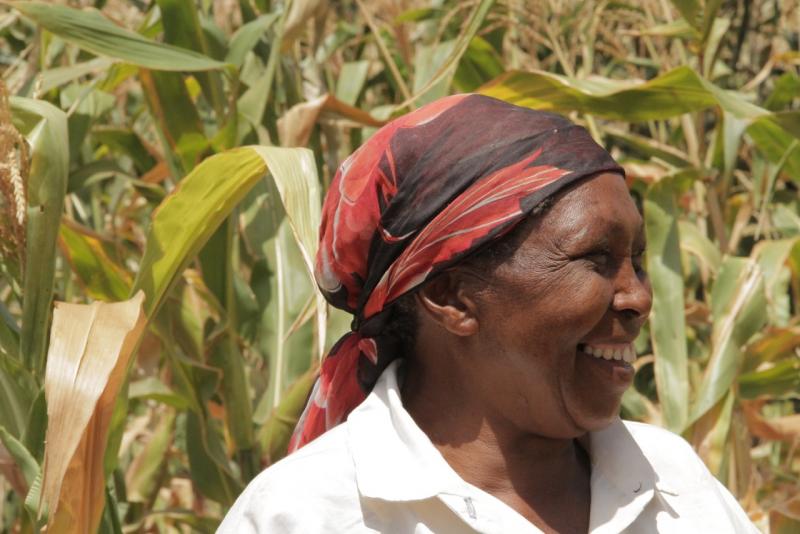
In a press release this week, the African Agricultural Technology Foundation (AATF) and the Kenya Agricultural & Livestock Research Organization (KARLO) announced that they are confident the National Biosafety Authority in Kenya will approve their application to release Bt Maize.
According to Daniel Otunge, a lead communications specialist with AATF, The approval of the Bt maize event for environmental release in Kenya will eventually enable farmers to enjoy the benefits of higher maize harvests and better quality grain, due to decreased damage by pests and diseases. Additionally, approval would make Kenya the second African country following South Africa to commercialize Bt maize. GM crops have been banned in Kenya since 2012, following the publication of the now-infamous (and since-retracted) Seralini paper claiming to show a causal link between genetically engineered products and cancer.
It will be an historic achievement for [Bt maize] to be the first public-private partnership project to successfully develop and release a GM crop to farmers, Otunge continues. As the public comments period gets underway, our main roles now is to manage public perceptions towards the technology and to also ensure adequate, credible, and quality submission of public comments to the National Biosafety Authority to support the application. Robust management of public perceptions is vital.
Successful commercialization of Bt Maize in Kenya will change the biotechnology narrative in the region, exerting pressure on other SSA countries to address the lulls in commercial release of GM crops, if Kenya s regional leadership in science, technology, and innovation is anything to go by, Otunge says.
Approval of such a crop could prevent the loss of hundreds of thousands of tons of corn to the stem borer pest each year, contributing significantly towards improving food security and livelihoods of smallholder farmers.
